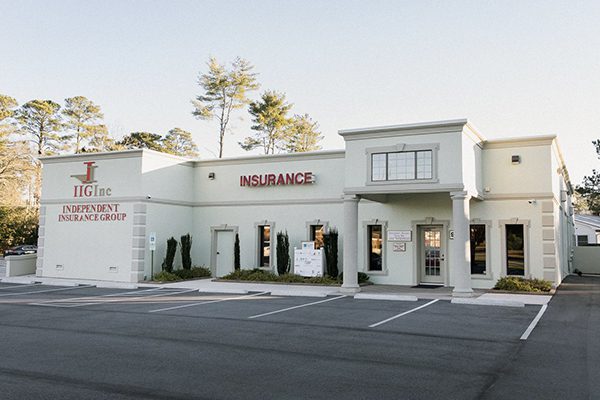
Fayetteville, NC
If you have questions about insurance policies, billing, claims, or just getting started, one of our insurance professionals would be happy to assist you. Reach out to us using the contact information below, or send us a message using our online form. We’d love to hear from you.
- 921 S. McPherson Church Road
Fayetteville, NC 28303
- 910-867-9292 Fax
- Monday – Friday: 8:30AM – 5:00PM
Get in touch
Prefer that we give you a call? Simply complete the form below and one of our insurance experts will be in touch.
